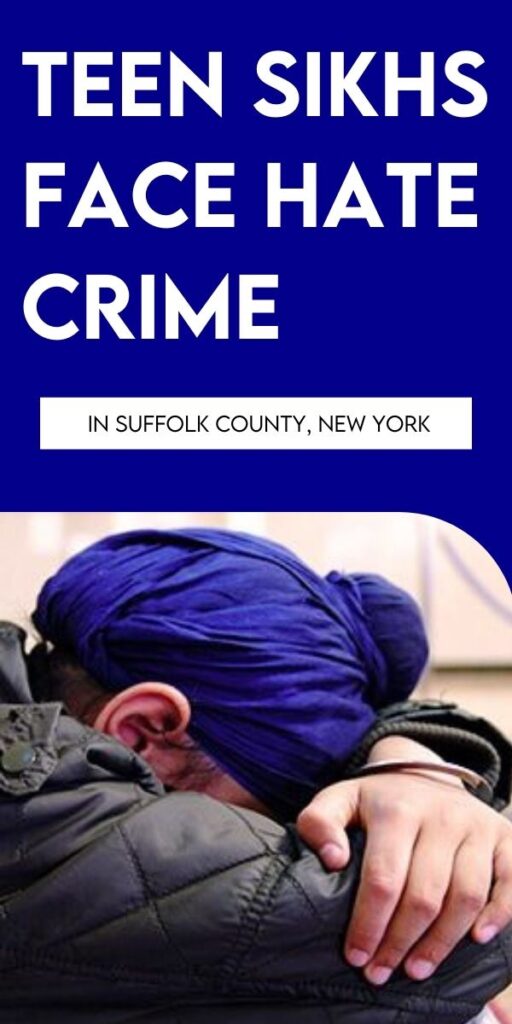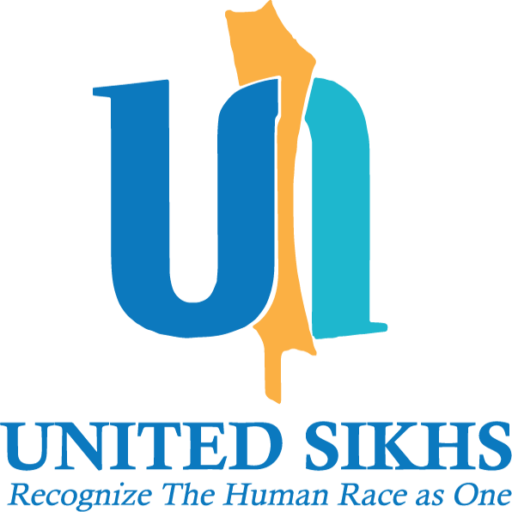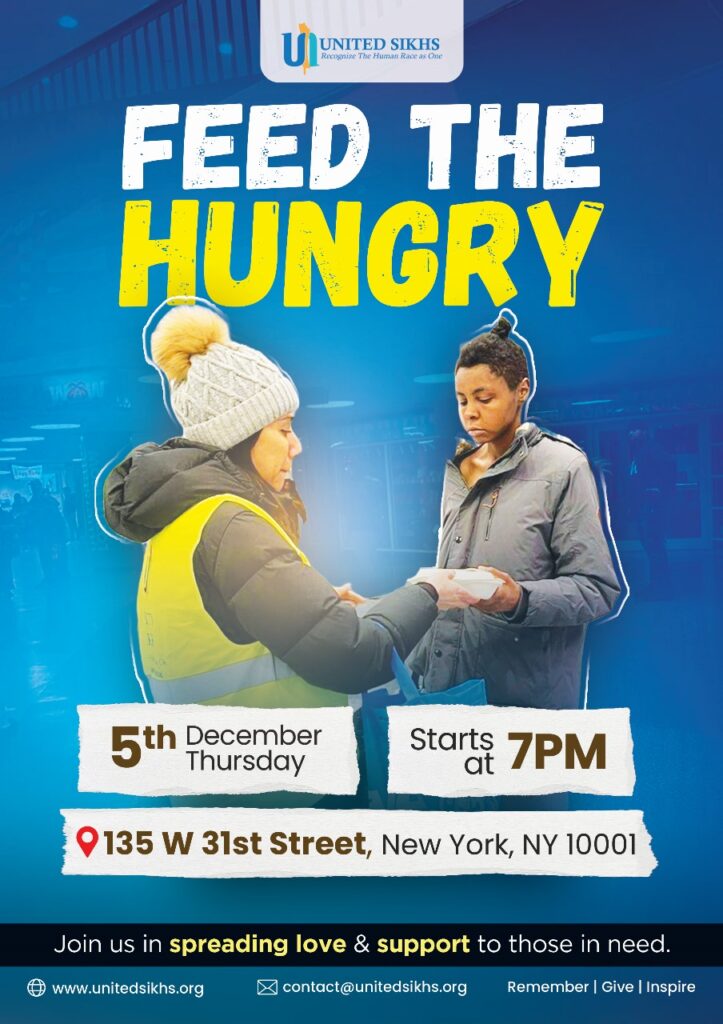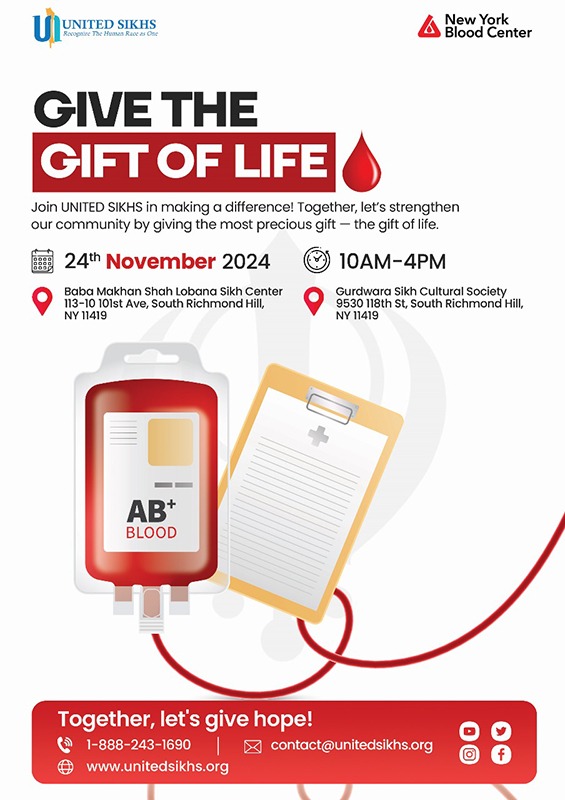
Dated: June 2, 2021
New York, NY
Following yet another attack on Sikhs over the Memorial Day weekend, the Sikh community calls for Police to enforce Suffolk County’s hate crime laws to the fullest extent possible. This time two Sikh teenagers were punched, abused and bullied in the Walt Whitman Mall in Long Island, New York over the weekend and the boys, their parents and the community are fearful that Sikhs are being targeted with impunity by random people exacting violence against them simply because of who they are or are perceived to be. The family called UNITED SIKHS to intervene, and the International Civil and Human Rights Advocacy Directorate has written to the United States Department of Justice (DOJ) to act to end the targeting of Sikhs and minorities.
The targeting of Sikhs as victims of hate crimes came into public light following 9/11. But, according to Mr. Satbir Singh, a community activist whose son was one of the victims of the attack over the Memorial Day weekend, this has been happening for over the last 30 years. “It happened to us when we were kids. That it is now happening to my thirteen-year-old son is scary and far from acceptable,” he states.
In the 80’s, men and women, who held negative views against minorities fueled by hostile media and government rhetoric that reinforced stereotypes against the black and brown population mimicked that hostility in the neighborhoods where these populations intersected. “They would attack us on the street and in our schools and would pull off our turbans and pull us by our hair and we used to come home beaten up, but no one would talk about it” Mr. Singh recalls. “People did not often complain because of concern it might affect their immigration status, because of language barriers, because they were scared, embarrassed or did not have the resources to do something about it. Our kids should not go through that. We are Americans. We go to baseball games, defend this country and sing the National anthem same as any other religious, racial or ethnic group,” said Mr. Satbir Singh. We’re here now to tell them they have UNITED SIKHS and the community behind them,” he stated.
Back then, there were no anti-hate crime laws, there was no social media that could provide support to the community and serve as a vehicle for change. The government institutions charged with protecting these minorities often protected the assailants. “Even when people mustered enough support to speak up on behalf of their children, their community members or themselves to the police, to a school principal or to the institutions that were supposed to be serving everyone, they were ignored,” stated Mr. Singh. “Our parents may not have reacted because they were busy fighting to survive, did not know where to turn to report the incident or for help. They may have also feared being the cause of retaliation and or of further isolation against themselves and their children,” he stated.
Children ultimately stopped telling their parents about bullying and the racial and or religious motivated hate-based assaults they experienced outside of the home. “I recently saw my thirteen-year-old child crying in my car soon after the incident in the Mall. He could not talk about what had happened to him. But we are the lucky ones. We have the resources needed to alert the police and to press charges to finally have this issue come to light and seek justice. Hate Crime must be adequately addressed so our children stop being targets and so our communities can feel safe and the sense of belonging we as citizens should all enjoy,” stated Mr. Singh. “There are many brave children out there, including these two boys who told their story about their experience with hate crime so someone else can find the support they need to also confront their assailants and in order to end this assault on our communities,” he said.
“Our kids should not go through that. We are Americans. We go to baseball games, Sikhs defend this country and sing the National anthem same as any other religious, racial or ethnic group.”
The police have a video of the vicious beating, which according to news reports includes depictions of one of the assailants punching one of the young Sikh boys in the face as they tried to get away. The incident involved threats of violence including religious slurs and threats of “knocking off” the children’s patka. The community has requested disclosure of this evidence.
“I don’t think there’s a single Sikh person in the United States who hasn’t been visited by this kind of random hate and violence by people who are strangers but often also schoolmates and people who are supposed to be one’s neighbors and countrymen,” stated Gurpreet Singh of UNITED SIKHS. “..And what’s worse is there’s often a reaction that is not appropriate,” he states. “Any disparity in how institutions react that assumes the crime does not merit the same serious response because it involves a Sikh or a person of color is not okay,” states Mr. Satbir Singh.
We see that despite the passage of decades and the enactment of hate crimes legislation nationwide, schools still do not address these issues and data does not support a national approach to abate these kinds of crimes. “Children are not taught tolerance and that all human beings are one,” stated Mr. Satbir. “Sikhs in Nassau and Suffolk Counties in New York are lucky that they now have access to ways to address hate crimes, including through community meetings with the police commissioner,” he stated. “Nassau County will soon launch a program that will identify community leaders to whom others can report hate crimes and hate incidents in order to ensure appropriate data is collected and preserved,” he said.
UNITED SIKHS has reached out to the United States Department of Justice, Office of Civil Rights in the hope that this incident will be counted in the Uniform Crime Reporting FBI database (UCR), which records hate crimes like this but also to ensure that Suffolk County police have the necessary resources to appropriately deal with the incident as a hate crime. This data can support action by institutions and Congress to abate this crisis in minority communities, states Wanda Sanchez Day, UNITED SIKHS’ National Legal Director.
“We seek to have Suffolk hate crime laws enforced each and every time so this problem can finally be abated,” stated Mr. Satbir Singh. “This is not just about kids fighting, as we were told when we were growing up. These are acts of violence committed against vulnerable members of our community. Not another Sikh or member of a minority should have to go into public and fear showing they are proudly Sikh, or a member of a particular ethnic group or religion, race or gender, he said.”
For Sikh boys, like the Sikh boys who were wearing patkas on the day they were attacked, their physical characteristics often make them the targets of people predisposed to act on bigoted notions and stereotypes. In this case the assailants yelled anti-Muslim insults at the children as they assaulted and harassed them.
“This incident also shows how in an increasingly global environment, the education system must serve even those it favors by teaching culture and that all humanity is one so we can address poverty, hunger and global warming, for example,” states Mr. Manvinder Singh, UNITED SIKH’s Director of Advocacy.
“Children facing these disturbing, hate occurrences in their schools and daily lives are not only physically abused but suffer mental distress as a result of these events and too often the incident and the impact on the child go unaddressed,” stated Jatinder Singh, at UNITED SIKHS, Long Island. “They may experience conflict over whether to confront the assailants who oftentimes outnumber them.”
In this case, as of June 1, 2021, the Suffolk County Police have made no arrest after publicly stating they would seek an Aggravated Harassment (Hate Crime) charge against the individuals who attacked the two Sikh youths. Aggravated Harassment in the First Degree is often called a “hate crime” because each of the actions included in the statute must be committed due to the belief or perception of the person charged regarding the victim’s race, gender, sexual orientation, religion, ancestry, disability, nationality, age, etc. Like other harassment crimes, repeat offenders may find themselves charged with First Degree Aggravated Harassment for a second Second Degree Aggravated Harassment in the First Degree in less than ten years. Aggravated Harassment in the First Degree is a Class E felony and the potential penalty is up to four years in prison.
If you experience a hate crime or incident of any kind, please reach out to UNITED SIKHS at contact@UNITEDSIKHS.org.
UNITED SIKHS
Eva Landeo
Media and Development Coordinator
ICHRA
Teen Sikhs Face Hate Crime in Suffolk County, NY





